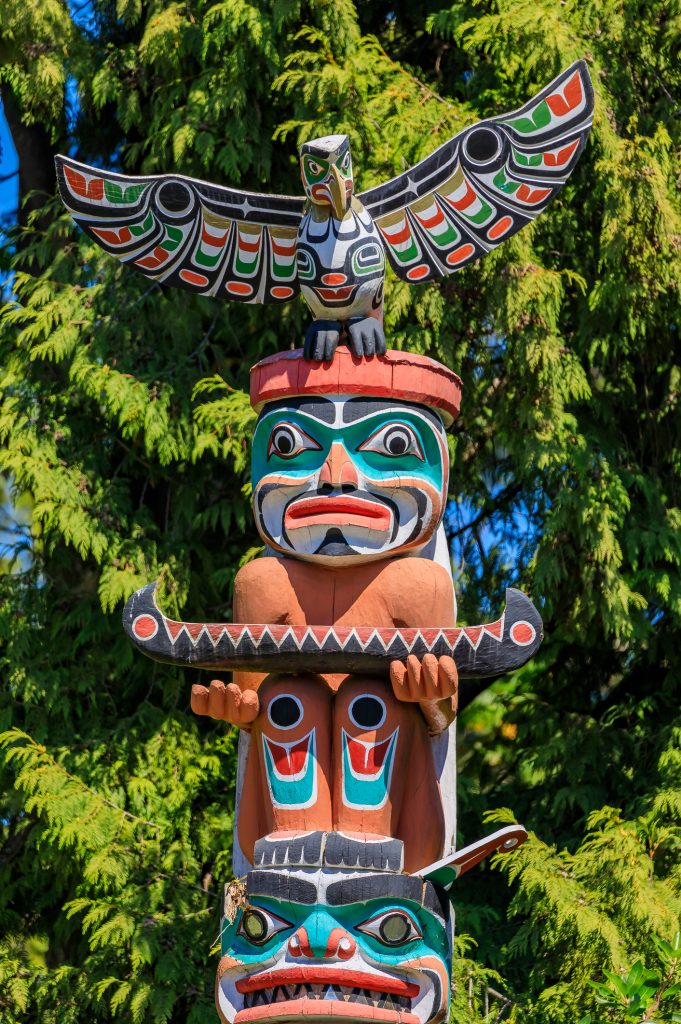
The Canadian government has created an Office of the Commissioner of Indigenous Languages and is calling for applicants to fill new positions, including that of commissioner and up to three directors. Qualified candidates must have “the knowledge and understanding of Indigenous communities, cultures, and the languages and dialects associated with them, including an understanding of language vitality and endangerment.” The new office is a result of the Indigenous Languages Act, passed in 2019, and includes C$334 (US$264) million in funding over a five-year period.
The hiring committee includes First Nations, Inuit, and Métis representatives. Karliin Aariak, Nunavut’s languages commissioner, told Nunatsiaq News that she is looking for Nunavut or Inuktut representation. “I definitely think it would be beneficial to ensure that not only someone from Nunavut, but someone who is an advocate for Inuit language rights, is present on that national level,” she said.
“The appointment opportunity for the commissioner and directors of Indigenous languages achieves a concrete milestone in the implementation of the Indigenous Languages Act. The feedback we received through our consultations with Indigenous peoples will be reflected in this selection process, and I am confident that the selection committee—which includes strong Indigenous representation—will recommend the best candidates to help First Nations, Inuit, and Métis in their journey to reclaim, revitalize, maintain, and strengthen their languages,” commented Steven Guilbeault, minister of Canadian heritage.
According to the Department of Canadian Heritage, the commissioner and the directors will work with Indigenous peoples and their respective governments; other governing bodies, communities, and organizations; the governments of Canada and the provinces and territories; and all Canadians to support the self-determined work of Indigenous peoples in reclaiming, revitalizing, maintaining, and strengthening First Nations, Inuit, and Métis languages. However, the law does not designate Inuktut as an official language in Canada’s Inuit regions in federal spaces, and Aariak says, “No real substantive rights are set out for Indigenous peoples and no obligations are imposed on the federal government to ensure that languages are protected, enhanced, and used by Indigenous groups.” Inuit organizations opposed the Indigenous Languages Act when it was introduced. In 2019, Natan Obed, president of Inuit Tapiriit Kanatami, said, “Despite being characterized as a reconciliation and co-development initiative, the government of Canada engaged Inuit in bad faith throughout this legislative initiative. The absence of any Inuit-specific content suggests this bill is yet another legislative initiative developed behind closed doors by a colonial system and then imposed on Inuit.”





